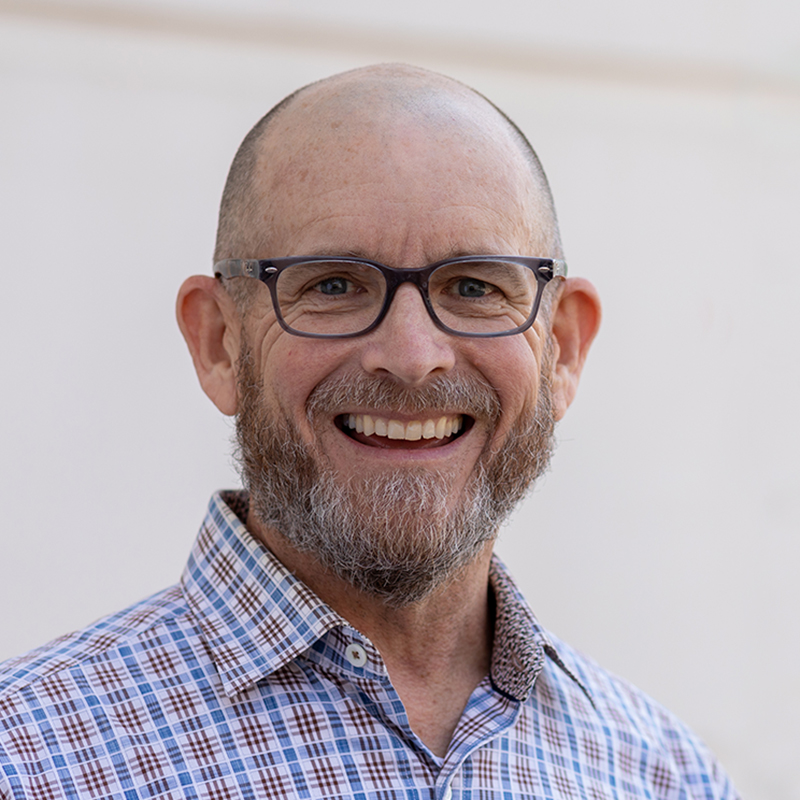Ageism in Focus: Hollywood, Politics, and the Future of the Workforce

The 2024 U.S. presidential election has brought renewed attention to the role of age in leadership and employment. With a 60-year-old and a 78-year-old competing for the nation’s highest office, both candidates defied stereotypes about older individuals lacking the stamina, relevance, or capability to perform demanding jobs. This mirrors a trend in Hollywood, where veteran actors are experiencing a renaissance, showcasing that age can be a professional asset, not a liability. Icons like Helen Mirren and Harrison Ford, both in their late 70s, continue to take on high-profile roles. Mirren, for example, has been vocal about embracing her age in the industry, saying, “It’s the best time in my life for work” (AARP, 2023). Their continued success challenges ageist perceptions and highlights the value of experience and longevity in any profession.
The entertainment industry’s slow but noticeable progress against age discrimination offers a powerful model for other sectors. Historically, older workers have faced barriers in recruitment, often seen as less adaptable or tech-savvy than their younger counterparts. However, data reveals this assumption is flawed. A report by the Harvard Business Review found that older employees consistently rank high in emotional intelligence, problem-solving, and workplace loyalty, qualities essential for organizational success. Older employees often demonstrate strong crystallized intelligence, meaning they possess a wealth of knowledge, experience, and the ability to make informed decisions based on their accumulated expertise. This contrasts with younger employees who might have higher fluid intelligence for abstract thinking and learning new skills quickly. Furthermore, in an age of rapidly evolving technology, older workers have proven adept at learning new systems and contributing to intergenerational mentorship.
Politicians and actors alike demonstrate that age brings unique strengths, experience, resilience, and perspective that younger workers often lack. According to a 2023 Pew Research Center study, individuals aged 55 and older now represent nearly a quarter of the American workforce, yet they remain underrepresented in leadership roles. Actors like Jamie Lee Curtis, who won an Academy Award in her 60s, demonstrate that success is not confined to youth. Curtis herself stated in an interview with Variety, “Ageism is real, but I’m proof that persistence and passion can break through that bias.” This sentiment resonates across industries where opportunities remain limited for older professionals.
If recruiters and employers shifted their strategies to seriously consider Gen X and Baby Boomer applicants, the American workforce could see substantial improvement. Seasoned professionals bring decades of knowledge, strong work ethics, and the ability to handle pressure, skills often honed through years of experience. Companies like CVS Health have already implemented age-inclusive hiring practices, recognizing that older workers play a critical role in fostering stability and mentorship within their teams. By reducing age-related biases and valuing experience alongside youth, organizations can create more balanced and productive workplaces.




